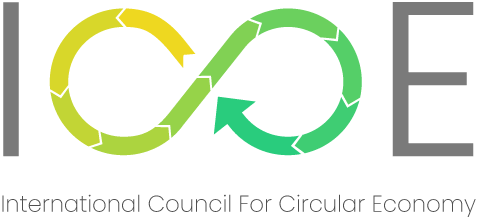The British building industry is suffering a supply crisis. Everything from roof tiles to steel, timber andinsulation is scarce and as a consequence becoming increasingly expensive. As it stands timber currently costs 80% more than it did in November and looks set to continue rising.
Every challenge brings with it the opportunity to explore innovative solutions.
A combination of Covid, Brexit and the Suez crisis back in March are partly to blame. Pest infestation of forests in Europe and Canada and a tightening of export restrictions have also exacerbated the situation and global demand for timber continues to increase due to the strong economic rebound. In the US lumber prices have gone up over 250% in the past year.
Yet every challenge brings with it the opportunity to explore innovative solutions and this is what a group of experts in their field have achieved. By weaving recycling into the heart of the solution, a collaborative project, spearheaded by WRAP Cymru is tapping into the recycling stream and harvesting an entirely new and abundant type of forest – the urban one.
Sustainability experts Nextek together with composite decking manufacturer, Ecodek set out to solve two burning issues with one solution, reducing the world’s reliance on timber as a primary building material and drawing from the abundance of urban waste that is channeled to our recycling plants every day.
The technology they have developed recycles otherwise awkward to recycle materials such as plastic laminated papers, single-use coffee cups and cartons and turns them into a unique composite that has endless possibilities as effective, durable and sustainable building materials. As it stands this cutting edge new wood composite material exceeds the technical requirements of timber.
Bettina Gilbert, Programme Manager WRAP Cymru, which delivers the scheme on behalf of the Welsh Government, says that finding innovative new uses for materials at their end of life is a hugely important way to take the pressure off the natural world. And as a Gilbert points out, it is vital to give projects like the Nextek and Ecodek partnership the space to develop, test and introduce new products which keep resources in use for longer.
Removing this waste material and giving it a commercial use is good for both the planet, and hugely beneficial to businesses too. Key to success is stimulating demand and with less than 15% of non-packaging plastics used by manufacturers in Wales made from recycled material, there’s plenty of scope for rapid growth for businesses at the forefront of the movement to increase the sustainability of products manufactured here.
Harvesting a ‘forest’ that is otherwise ending up in landfill is very timely given the construction sector’s woes, however, the critical issue here is that this will go a long way towards saving our natural forests around the world. The recent tragic floods experienced in Northern Europe are yet another poignant reminder of the urgency to manage our resources and our waste in transformational new ways if we are to reduce our carbon footprint.
The post Urban answer to deforestation first appeared on Innovators magazine.
